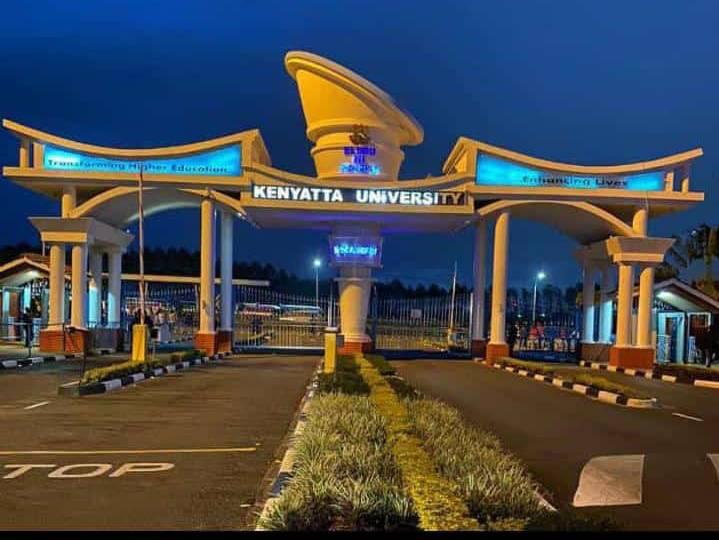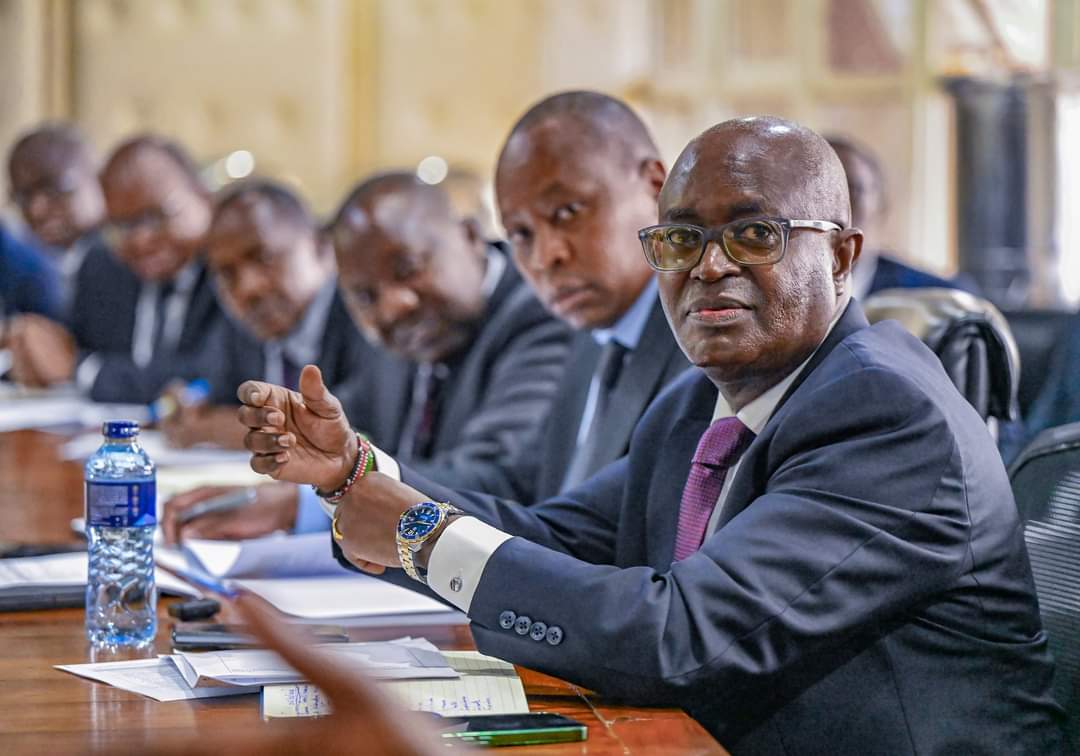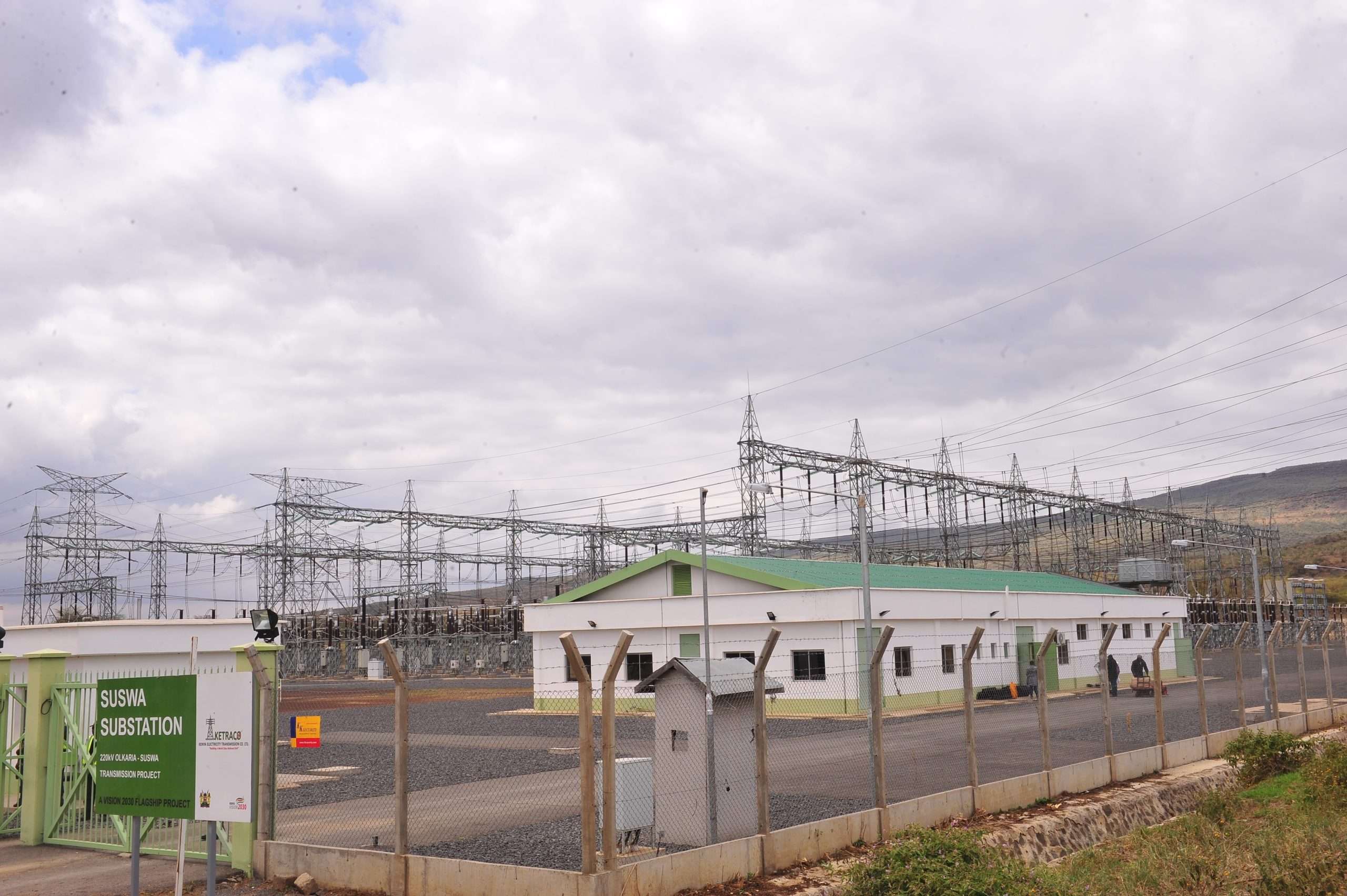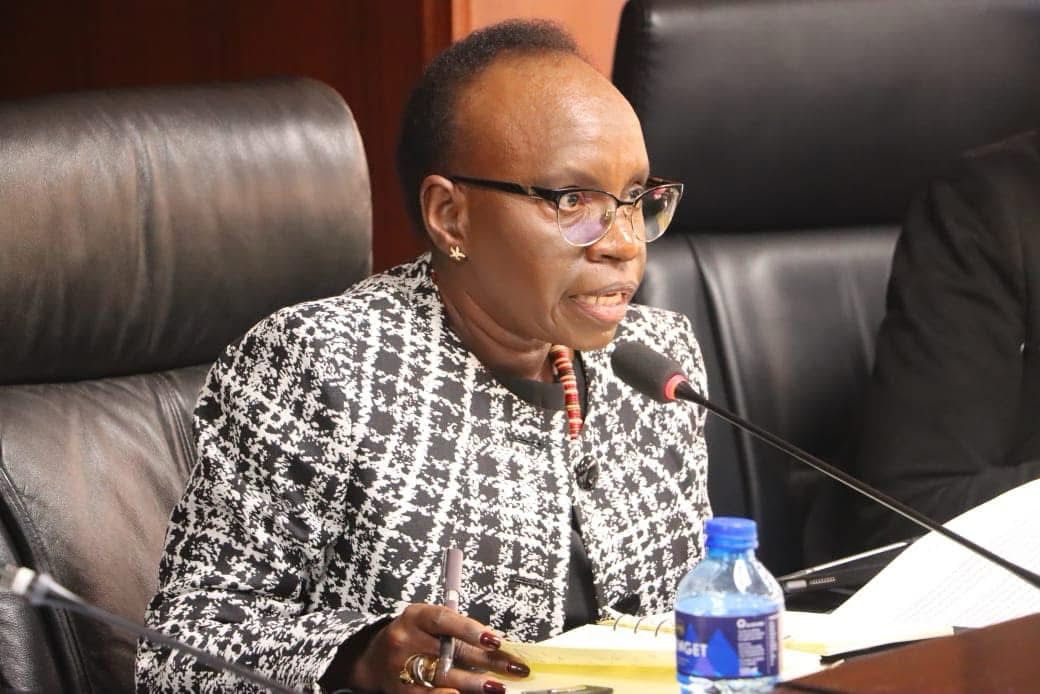Cases of unrecorded exam marks are becoming a growing problem at public and private universities, often preventing students from graduating. A notable case involves Owuor Mboya, a student at Kenyatta University, who filed a lawsuit against them in the Nairobi High Court (Constitutional and Human Rights Division) claiming the university violated his constitutional rights by failing to post his examination results for two courses, Guitar Skills (MDT 223) and Theory of Aural Skills (MDT 200), on the university’s academic portal, despite him having completed all coursework by October 1, 2022.
As a result of his name being omitted from the graduation list, Owuor has been unable to graduate and obtain his degree certificate, leading to lost opportunities. He is seeking a court order to prohibit Kenyatta University’s 51st graduation ceremony until his marks are updated on the academic portal and his name is included in the graduation list for July 22, 2022. Additionally, he requests a mandatory injunction to compel the university to include his name and seeks damages for the harm and losses he has suffered.
In his affidavit, Owuor, an undergraduate pursuing a Bachelor of Music, detailed that he completed his studies on October 1, 2021, and had applied for graduation on November 4, 2021. His application was acknowledged by the university; however, his name was not included in the graduation list. The academic portal indicated un-posted marks for his two units, preventing his participation in the graduation ceremony.
Owuor also reported missing a scholarship opportunity for a master’s program at Sheffield University, UK, which was set to commence in September 2022, due to the unrecorded marks. After reaching out to fellow students, he discovered that others faced similar issues with missing marks affecting their graduation.
The organization accuses Kenyatta University of discrimination, noting that while his classmates have graduated and advanced socially and economically, his progress has been stalled. Owuor argues that his right to education has been infringed upon due to the university’s failure to provide the missing marks, causing him to miss crucial educational and career opportunities.
On October 4, 2024, Judge N. Mugambi ruled in favour of Owuor, issuing several declarations:
- The court declared that the university violated Owuor’s right to fair administrative action under Article 47 of the Constitution by failing to respond adequately and promptly to his grievance about the missing marks, thereby infringing on his right to education as stated in Article 43(1)(f).
- The court found that the university’s treatment of Owuor violated his fundamental rights under Articles 28 and 29(1)(d) of the Constitution.
- The court ordered the university to provide Owuor with the missing marks for the two courses within 30 days. If the results are unavailable or do not qualify him for graduation, the university must submit a report to the court within the same timeframe outlining a clear pathway for him to become eligible for graduation.
- The court awarded Owuor Ksh 1,400,000 as compensation for the violation of his constitutional rights and the resulting delays in achieving his academic goals, which led to missed opportunities for further studies.





